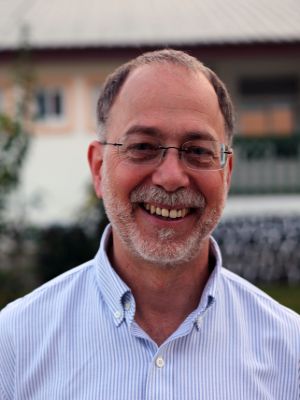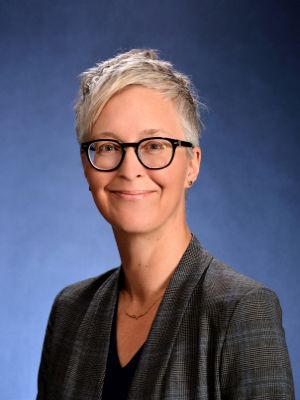This event was a co-creation of the forestry faculties of the University of Helsinki, University of British Columbia, and Oregon State University. Its goal is to stimulate conversation around innovative ideas and build connection during this pandemic period. Watch the video below as we explore these complex questions in a discussion with global experts from four continents whose expertise spans technology, business, governance, and conservation.
- Despite centuries of improvement in the management of forests and natural resources, the state of our climate and health of our global ecosystems continue to diminish. Can new technologies and new approaches still open up the possibility of genuinely sustainable futures?
- Given the scale of the challenges we face, is it still possible to harness the knowledge of local communities and the power of global markets to bring forward game-changing solutions?
Please take a few minutes to complete this survey to give us your feedback on this event. Many thanks!





